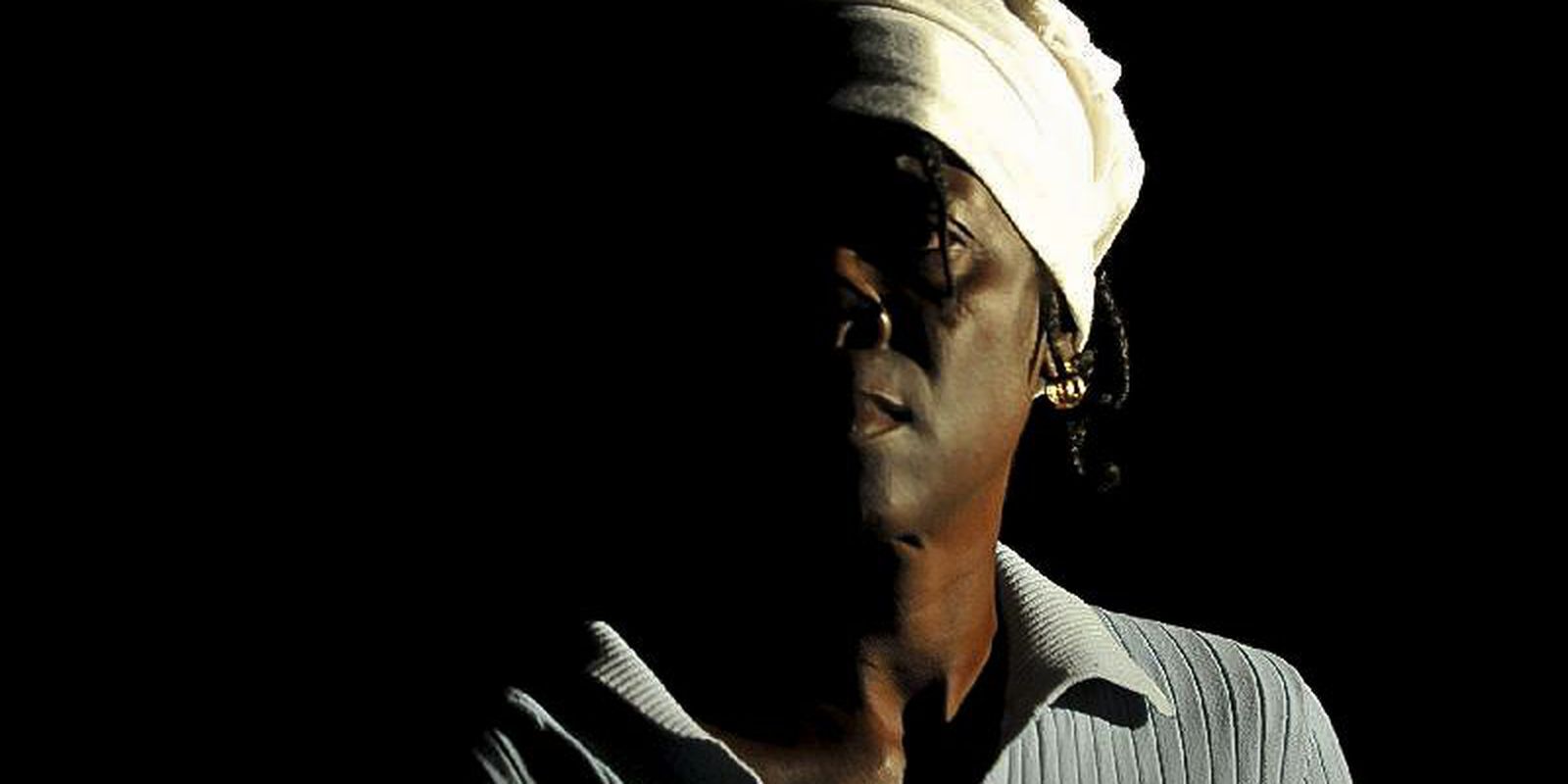On National Black Consciousness Day, commemorated this Sunday (20), experts warn of the need to rethink the use of terms and expressions that reinforce racism. There are cases in which these words are reproduced without people having historical knowledge of their origin.
To raise awareness on the subject, the Public Defender’s Office of Bahia launched the Dictionary of (Anti) Racist Expressionslast year.
“Our language was built under the strong influence of the period of enslavement and many of these expressions are still used today, even if unconsciously or unintentionally. We need to rethink the use of words and expressions that are the result of a racist construction”, highlights the publication.
The booklet cites expressions such as “the thing is black”, in which the color black or black is used in a negative connotation, and proposes a replacement for “the situation is difficult”.
Another example of an expression considered racist is “bad hair” to designate curly or curly hair. The publication also points out the expressions “black market, black magic, black humor and black sheep” – in which the word ‘black’ represents something pejorative, harmful, illegal. As an alternative, it is proposed the use of underground market, prohibited list and acid humor.
“Racism reveals itself in different ways in our society. These microaggressions, in addition to reproducing a racist discourse, by identifying blackness as a marker of social inferiority, affect the well-being of black people”, says the booklet.
There are other less obvious words, such as “boçal”, described in the booklet as a “reference to enslaved people who did not know how to speak Portuguese”. This disqualification is also one of the forms of racism that, according to the linguist and professor at the Federal University of Southern Bahia Gabriel Nascimento, persists today.
“Words are the result of a racist historical formation. Linguistic racism is not just words,” she emphasizes.
Nascimento recalls that black people represent more than 50% of the Brazilian population. “This population has modified this language. She is part of that language because that language is hers. However, when we talk about how the State and the people treat black people, a lack of linguistic self-esteem is usually imposed on them, as people who do not have the ability to speak this language organically and politically, communicate,” he points out.
The use of words is also a form of dispute, according to Nascimento. He highlights the word “black” applied to people, which had no equivalent in Africa before the European invasion. “How do you explain a country where ‘black’ is a word used at the same time to politicize a mixed-race population and also for racism? At the same time that the black man is positive in his narrative – “I am a black man” – you have the presence of this black man being called by a white woman a ‘stinking black man’”, he says, using the case of racism against comedian Eddy Júnior, offended by a neighbor in the condominium where he lives in the west zone of São Paulo in October 2022.
African influence
One of the biggest demonstrations of racism in the Portuguese language in Brazil is the lack of study of the influence of African languages in the formation of the language, according to Gabriel Nascimento – who is author of the book Linguistic Racism??
“The fact that we spend 14 years in formal education trying to learn the difference between adjunct and nominal complement shows how colonial, how much linguistic racism we have in our Portuguese. Because we do not identify the importance of Bantu languages [grupo étnico africano]its influence on Brazilian language”, says the researcher.
These languages influenced not only the words that are used in Brazilian daily life, but also, according to Nascimento, even the predominant syntax in the country. Among the words, the researcher points out examples of samba, butt, pipe, lullaby, dengo, okra, cane.
There are still, according to him, common uses that in the so-called cultured norm end up being considered incorrect. “We don’t know, for example, that in Bantu languages, which are extremely prefix languages, all plural and singular information enters prefixed. In these languages you typically put the singular and plural information on the first dash of the word,” he explains.
“When you agree on ‘the girls’, you just put the plural in the first item. This influence is normally seen in Brazil as a mistake. But it is a very legitimate Bantu influence and will be reproduced in other places”, he exemplifies. They are important cultural elements that, in the teacher’s view, do not have the due attention. “Our schools do not address African linguistic content. This Brazilian language diversity was ignored by the schools”, he says.
* Collaborated with Daniel Mello















